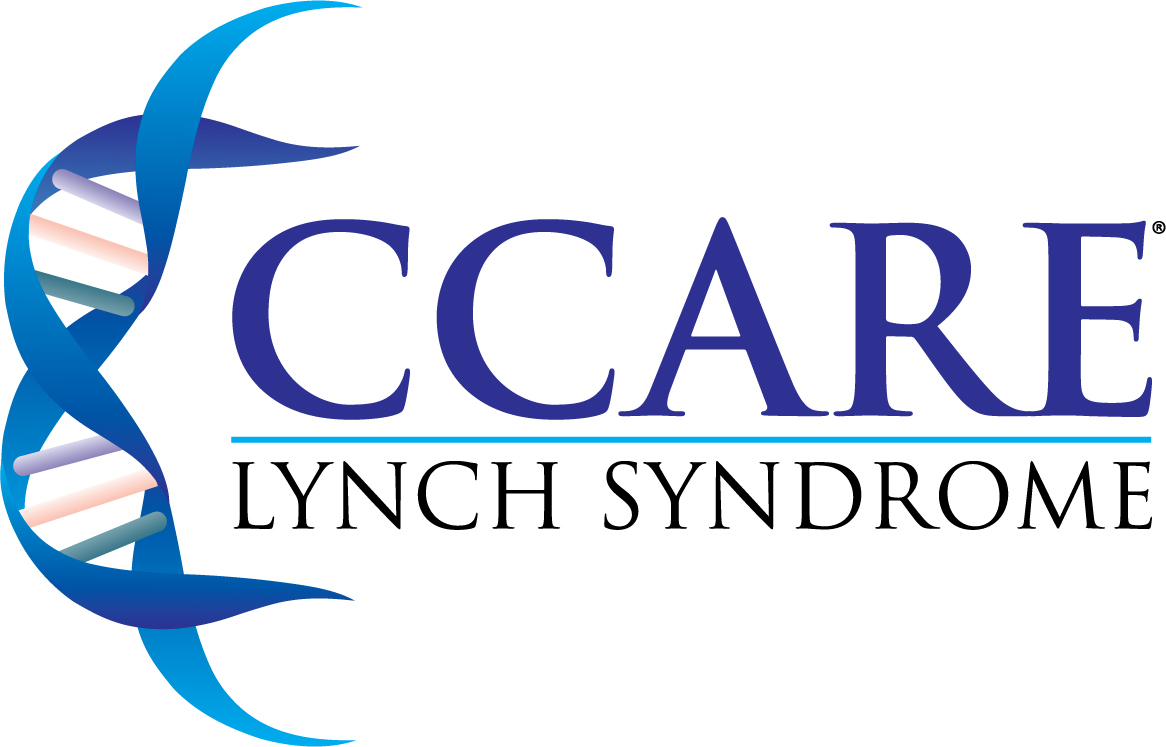Insurance Issues

What about insurance?
There are several types of insurance that a person with Lynch Syndrome must be concerned about.
Health Insurance
The Genetic Information Nondiscrimination Act of 2007 (GINA) prohibits insurers from using genetic diseases in determining the insurability for patients with Lynch.
Prior to the passage of the Affordable Care Act (Obamacare), insurance companies were able to exclude people with preexisting conditions from their health insurance policies. Even worse, if a person developed cancer, their insurance rates may have gone up considerably or they might not qualify for insurance. Fortunately the Affordable Care Act took effect for children on September 23, 2010 and adults on January 1, 2014. While this preexisting condition policy was thought to be set in stone, it was almost overturned in 2017. Hopefully these federal mandates will stay in place for the 1.2 million people in this country with Lynch syndrome due to the increased risk of multiple types of cancers and subsequent costs of screening and treatment.
Disability Insurance
The GINA Act does not prevent insurance companies from using Lynch Syndrome in their underwriting for disability insurance. This may prevent a person from obtaining reasonably priced disability insurance once the diagnosis is made. For this reason, you may want to buy a disability policy before any genetic testing for Lynch Syndrome is undertaken. You could also buy an insurance rider that would allow you to increase the amount of insurance in the future based on current income without having to go through underwriting again. Lastly, you may also want to purchase a COLA rider. This will automatically increase the amount of disability based on the Cost of Living.
Life Insurance
The GINA Act does not prevent insurance companies from using Lynch Syndrome in their underwriting for life insurance. This may prevent a person from obtaining reasonably priced life insurance once the diagnosis is made. For this reason, you may want to buy a life insurance policy before any genetic testing for Lynch Syndrome is undertaken.
Due to the unfairness of this practice, in 2020, Florida passed a law prohibiting life insurance companies from using “predictive genetic tests” when underwriting life insurance. California restricts the use for “unaffected carriers” for recessive disorders in any insurance policy. However, since Lynch syndrome is an autosomal dominant condition, this does not apply. In Vermont, insurance companies cannot require a genetic test but can utilize the information if the results are already known. While insurance companies would like to continue this practice, there are multiple health care advocacy groups, including CCARE Lynch Syndrome, that are working to prohibit the use of genetic testing for life, disability, and long term care insurance throughout the country.
Long Term Care
The GINA Act does not prevent insurance companies from using Lynch Syndrome in their underwriting for long term care insurance. This may prevent a person from obtaining reasonably priced long term care insurance once the diagnosis is made. For this reason, you may want to buy a long term care insurance policy before any genetic testing for Lynch Syndrome is undertaken.
Colonoscopy Coverage
Screening vs Diagnostic
The Affordable Care Act (ACA) implemented policies to improve colon cancer prevention by mandating insurance companies cover a screening colonoscopy without any out-of-pocket costs. Since Lynch syndrome patients are considered at high risk for colon cancer a stool-based test is not recommended for screening. If the colonoscopy is billed as a diagnostic colonoscopy instead of a screening colonoscopy the overall costs may be much higher. Technically, there is no difference between the two, it is just a billing difference. A diagnosis of Lynch syndrome increases the risk of cancer to support increased screening it is not a reason for a diagnostic colonoscopy. A diagnostic colonoscopy is only supposed to be ordered if there was a problem such as diarrhea, bleeding, pain, or an abnormal test like a CAT scan. If that is done patients may have to pay thousands of dollars to cover their deductible, copayments, etc. It is important that the physician’s office file the procedure with the correct codes, which is often confusing.
A standard screening colonoscopy has a CPT billing code of 45378. Sometimes when a physician discovered an abnormality during the procedure the screening colonoscopy is changed to a diagnostic colonoscopy which is not fully covered. To help maintain as much coverage as possible for the preventive colonoscopy, if a biopsy was done during a procedure that was meant for a screening test, a modifier code of 33 should be added and it should not be changed to a diagnostic colonoscopy. Thus, the submitted code would be 45385-33, which means a screening colonoscopy with a polyp removal. That allows for an additional procedure while still qualifying for a screening. The modifier code of 33 is used for commercial insurance. If the patient has Medicare, a code of PT is used instead.
It is also important that the diagnostic or ICD-10 code of Z15.09 is used to signify Lynch syndrome (genetic susceptibility to other neoplasms). This classifies the person as a high-risk individual for colon cancer which supports colonoscopies at an earlier age and more often.
Routine Colon Cancer Screening
Insurance coverage for screening colonoscopies is based on approved guidelines. An average colon cancer risk individual is now expected to start screening for colon cancer at the age of 45. The best test for this is a colonoscopy, but some people prefer a less invasive stool test. These include a fecal occult blood test (FOBT), fecal immunochemical test (FIT) or Stool DNA Test (Cologuard). These tests are easier to do, less expensive, and have been shown effective in identifying colon problems, but they are not as good as a colonoscopy. Also, if one of these stool tests are positive, a colonoscopy must be performed to confirm the results and determine what is wrong. Unfortunately, none of these stool tests are currently approved to screen patients at high risk of colon cancer such as Lynch syndrome. Investigations for their effectiveness with Lynch syndrome is currently being undertaken.
I thought the age to start having colonoscopies was 50?
Many people have heard you need a colonoscopy when you turn 50. But that is not the case anymore. CCARE Lynch Syndrome is a member of the American Cancer Society's National Colorectal Cancer Roundtable (NCCRT). In 2018 the roundtable recommended lowering the age for a screening colonoscopy for an average risk individual from the age of 50 to 45. This was based on a detailed review of the available data. 3 years later, in 2021, the U.S. Preventive Services Task Force (USPSTF) agreed and lowered the recommended screening age from 50 to 45. Two years later, in 2021, Medicare, ACA insurance plans, and commercial insurance plans all implemented this preventive care recommendation starting at age 45. While 4 years may seem like a long time, we are proud of our contribution to help save lives!
How often can I get a Screening Colonoscopy?
Medicare pays for a screening colonoscopy without any Part B deductible, copayment, or coinsurance every 2 years for those at high risk and every 10 years for average risk. A “high risk” individual is a person with a family history of colon cancer, Lynch syndrome, history of inflammatory bowel disease (Crohn’s disease/Ulcerative colitis), previous colorectal cancer, or previous colorectal polyps. If the previous scope was a flexible sigmoidoscopy a colonoscopy will be covered 4 years later. If a high-risk individual requires a colonoscopy more frequently than every 2 years Medicare will cover it, but not as a “free” screening colonoscopy. Instead, it will be covered as a diagnostic colonoscopy under Part B at a 20% rate, but the Part B deductible will not apply.
If an additional procedure is done, such as a biopsy or polyp removal at the time of the colonoscopy 15% Part B coinsurance applies but not the Part B deductible.
If the person has a Medicare health maintenance organization (HMO) it is important to do the procedure in network for proper coverage. A preferred provider organization (PPO) plan may charge different rates for in and out of network facilities / providers. Medicare Advantage plans may charge a copayment and may require prior authorization for diagnostic colonoscopies.
I had a stool test that was positive, will they pay for a colonoscopy?
Colon cancer screening options for normal risk individuals include non-invasive stool-based screening methods. These include a fecal occult blood test (FOBT), fecal immunochemical test (FIT) or Stool DNA Test (Cologuard). However, if these tests are positive, a colonoscopy will then be needed for proper evaluation. It may be cancer, polyp, or false positive.
Unfortunately, some insurance companies were not covering the follow-up colonoscopy under the screening guidelines and charging patients under the more expensive “diagnostic” colonoscopy billing procedures. Due to public outcry and a multiorganization effort, in January 2022 multiple government agencies mandated that ACA compliant commercial insurance plans cover a confirmatory colonoscopy under the reduced cost preventive health guidelines. Commercial plans were instructed to cover confirmatory colonoscopies for plans starting on May 31, 2022. As of January 1, 2023, this change was in effect for all commercial plans (except for some pre-ACA grandfathered plans from before March 23, 2010 that are still in effect. For Medicare patients, in November of 2023 the Centers for Medicare & Medicaid Services (CMS) announced the confirmatory colonoscopy test and the initial screening stool test will both be covered under screening.
To let the insurance companies know that the colonoscopies should be billed under the screening guidelines, it is imperative that they are coded correctly. For proper coverage under the ACA Medicare, commercial insurance, and Medicaid expansion a modifier 33 must be added to each CPT code submitted on the claim. For traditional Medicare, the coder must add modifier KX with HCPCS code G0105 (high risk) or G0121 (average risk) for screening colonoscopy for patients following a non-invasive stool-based test for patients. If polyps are removed, appropriate CPT code must be used with modifier PT. There is still coinsurance when polyps are removed.






